Patient Backlash
My friend Val Komkov-Hill has this to say: “Can’t tell you how much I related to your doctor story. Mine is not as dire but at Christmas my PCP, let’s call her Dr. No Nonsense, said my lab tests had found hematuria (red blood cells in my urine) and set me up to see a urologist, who, of course I could not get in to see until two weeks ago. (four months later) Good thing I wasn’t, you know, dying. I had shifted my Yoga classes since I had to show up when they deigned or it would be another 3 month wait while I stewed about whether or not I had bladder cancer. The DAY before the appt. they called and said there was a problem because my Blue Cross insurance listed a different PCP, one I hadn’t seen in 20 years. I said no it did not and got my BXBS card out to read the correct PCP printed on it. They said I needed more proof, could my doctor refax insurance info, or they would have to reschedule. Heaven forbid they didn’t get their pound of flesh. Again, like you, calls to my PCP’s clinic that never got answered by a real person, and me finally driving over in a huff, much like you, to talk to a REAL person. Long story short, got problem solved, Bladdercam (ouch) showed pristine bladder. Kidneys singing happily. All well. Except, I got a call from the urologist two days ago. My sample I left for more testing was somehow leaked (translation: some fool dropped it or lost it) could I come back and pee again. Fine, let me drink a gallon of water and I’ll be on my way.”
Hm. Val’s comment has that same buzz of rage beneath the surface that I felt while writing my post.
When I ask Val if I can quote her, she says, “Ha, I don’t mind if you use my name. I used to be so terribly shy and modest but after awhile, having been probed and x-rayed, and palpated, and poked, I kind of got over it.”
A person who wishes to remain anonymous shares the following: “Your story of dealing with doctor, nurse/receptionist, pharmacy, reminds me of experiences Jean Craig spoke of in her book Between Hello and Goodbye. It’s all so very frustrating."
Yes, yes, it is.
Crystal Bridges
I first became aware of Crystal Bridges on CBS Sunday Morning—a piece that emphasized the visual and architectural aesthetics of the museum itself. On our visit the museum is teeming with people—families, school children, and seniors, people with all kinds of accents—not just the locals. Alice says that when she visited in the winter, the place was empty. It is now overloaded with friendly and polite docents, because the rules must be enforced: no flash photography (none at all for The Hudson River School Exhibit); no drinks or food, no gum, no pens; no pointing at a painting. And you can get no closer than eighteen inches to a work. If you must read the identifying information, lean in directly in front of the sign, not the painting.
Our day ends with a quick trip south on I-540 for an early dinner at P.F. Chang’s located in a shopping area that in Alice’s opinion outclasses the mall in Fayetteville. On the way back to Eureka Springs, just past dusk, we cross over the (yikes) one-lane Beaver Bridge that we used earlier in the day when the sky was bright, and it makes me feel as if I’ve passed from one world to another—back from the flat, sprawling megalopolis of Northwest Arkansas to the bucolic life of rocks and rills that seem as timeless as art itself.
See more pictures of our trip by going to Photos, "2010 To Present."
Artfully Repurposing Our Trash Collectibles
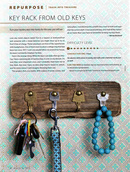 Repurposing Keys Project
Repurposing Keys Project My Book World
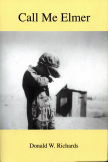
World War II interrupts Mathew Elmer’s relationship with Kathy and the Middletons, not to mention his university life and career aspirations. He plays a significant part in the war effort, recruited precisely because of his agricultural expertise. While in England Mathew encounters a man whom he identifies as his brother. The man, however, denies any knowledge of having ever known Mathew. This event could confuse the reader; it's sort of an emotional slap in the face. Is the brother angry that Mathew never tries to find his family? Is Mathew afraid to confront his brother with the question as to why the family never returns for him? At war’s end Mathew returns to Middleton Farms, and he and Kathy practically marry on the spot in 1945. Overall, the novel is quite enjoyable, and Richards’s elegant prose contributes to a fine reading experience. It’s a pleasure to read someone who has a strong command of the English language and can communicate his thoughts clearly. I wish Don well with Call Me Elmer as well as his next book, which he’s told me he’s close to completing.
Call Me Elmer is published by Ghost River Images, and you can probably purchase a copy by contacting the author at <[email protected]>.


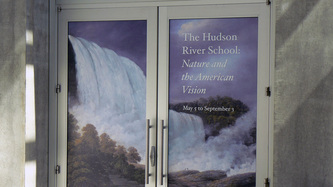
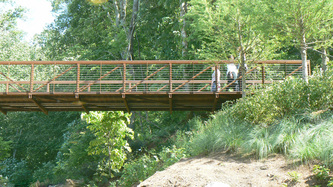
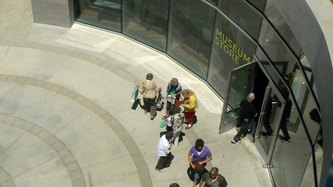
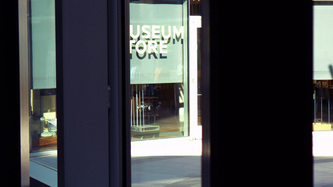
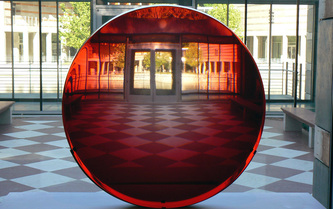
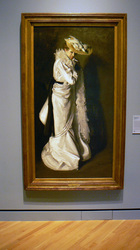
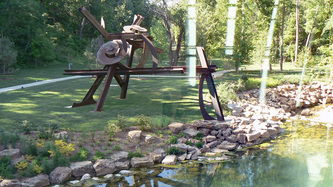
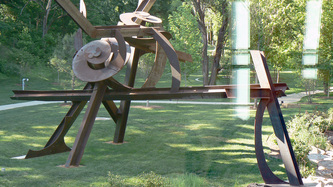
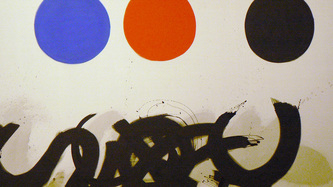
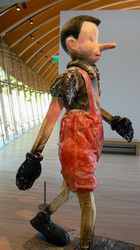
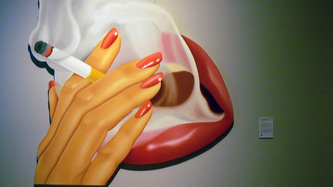
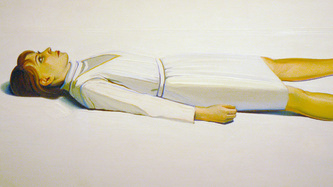

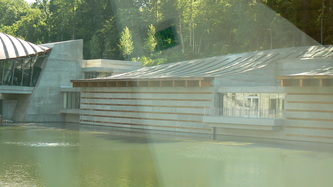


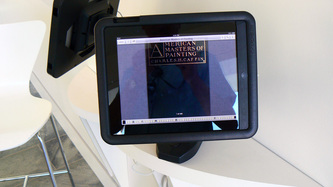
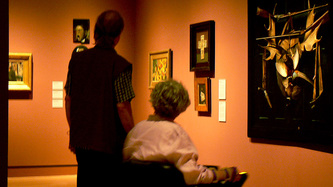
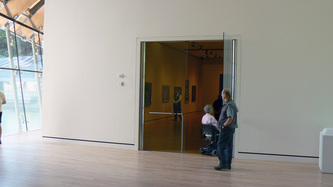
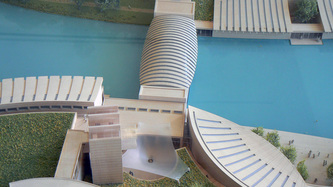
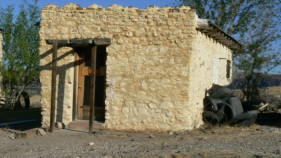
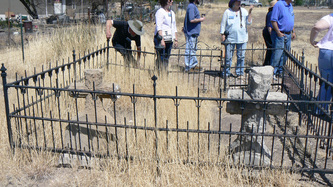
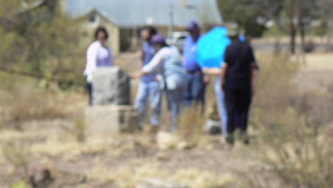
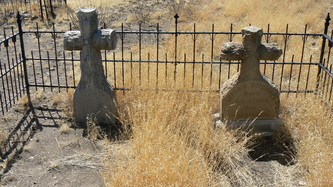
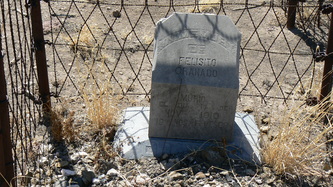
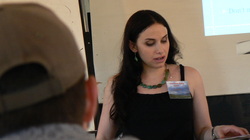
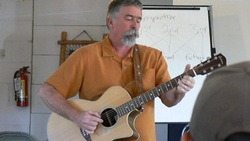
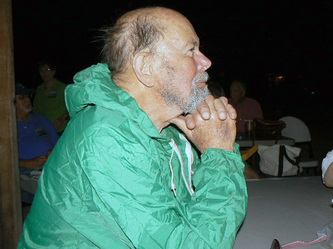
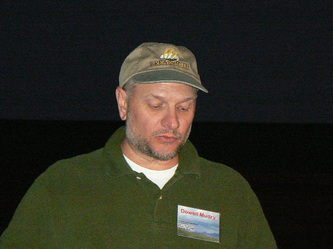
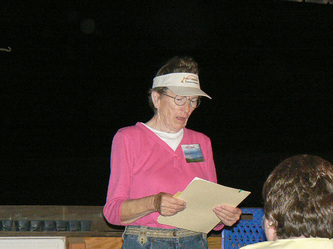
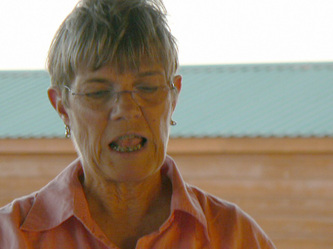
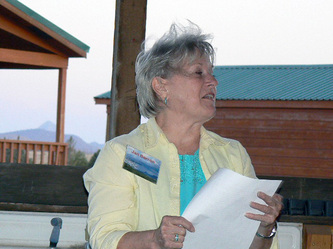
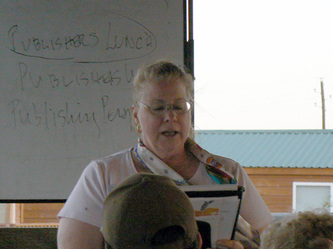
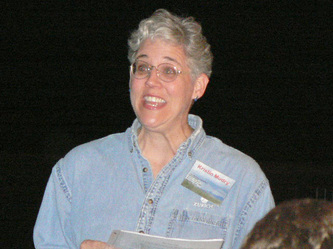
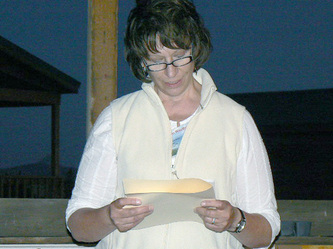
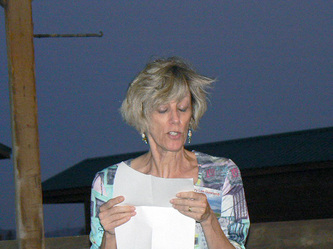
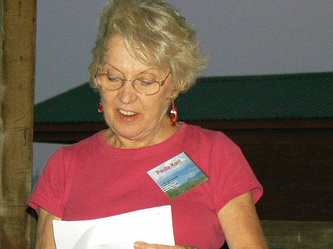
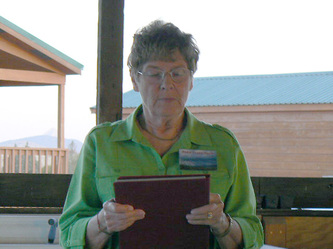
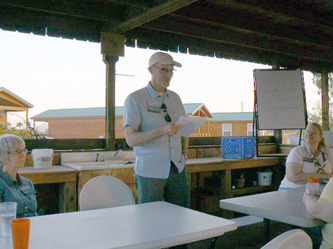
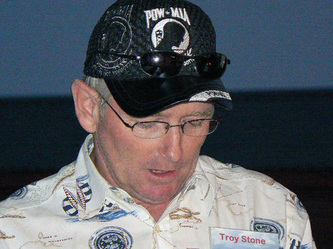
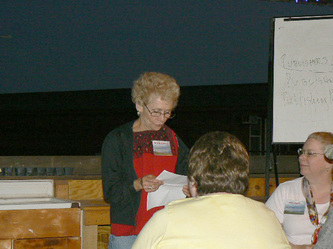
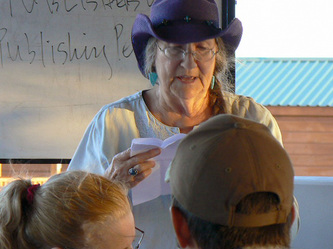
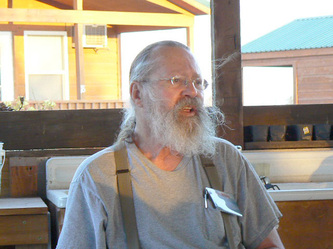
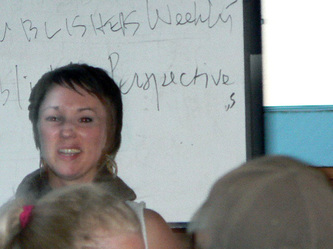
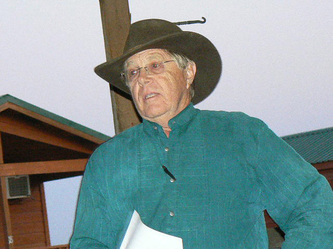

 RSS Feed
RSS Feed